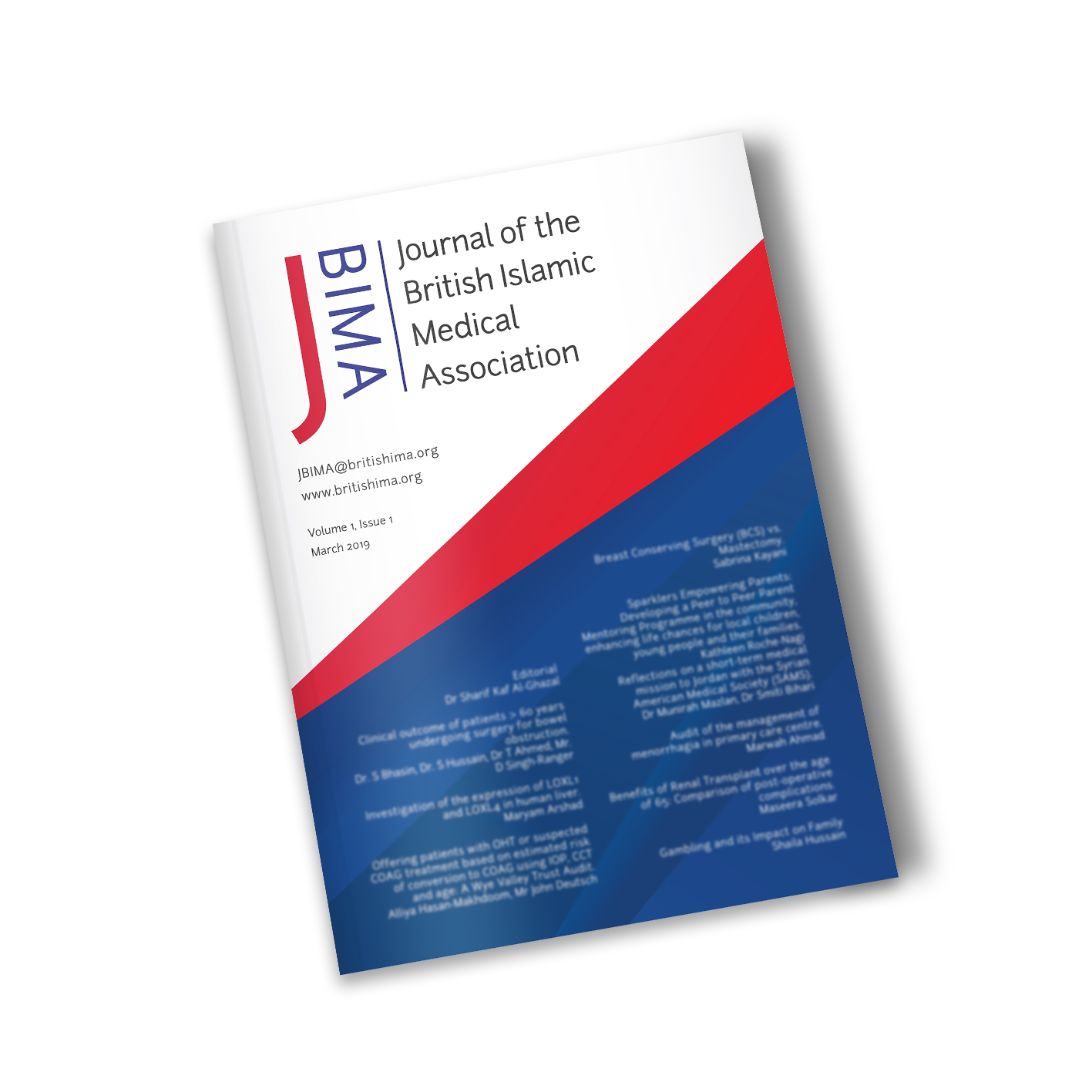
Praise be to Allah. I bear witness that there is no God worthy of worship but The One God and I bear witness that Muhammad (peace and blessings be upon him) is His servant and messenger.
I have been asked to offer my opinion (fatwa) on the new law concerning organ donation (passed on 20th May 2020). The donation of a body-part to benefit another after one’s death is permissible, and in line with the broader principles of the Shariah. Studies on this matter have been published, and several fatwas have been issued by various juristic (fiqh) councils. These councils have agreed on the permissibility of organ donation as per the following: Resolution 1/8 of the Islamic Fiqh Council (Muslim World League); Resolution 1/4 of the International Islamic Fiqh Academy (Organisation of Islamic Conference) and Resolution 2/6 of the European Council of Fatwa and Research.
There is no reason that prevents a living person from donating any part of their body as long as no harm befalls the donor. One example of this includes donating one kidney as long as the other is functioning well. If this donation is permissible while one is still alive, then the donation of organs after death according to one’s last will and testament bears no doubt. The dead will no longer physically benefit from these organs as the body decomposes. It is worth mentioning that the donation of a dead person’s organs has no bearing on the dignity of the dead as some may claim, as long as it is what the individual consented to before their death. Following on from this, a law has only very recently come into force in England (May 2020), in which everyone is deemed to be a donor unless they “opt-out” by declaring their refusal before their death. The law also grants the deceased’s family the right to object to certain parts being removed from the body.
From an Islamic juristic viewpoint, abiding by this law is in concordance with the Shariah’s rulings, not least because the person can opt-out of it during the course of their lifetime. When an individual declines to exercise this right (one that is in operation throughout their life), it becomes their presumed consent that their organs may be taken for the benefit of another after the former’s death. One of the major maxims of Islamic jurisprudence is ‘that which is customary in any society is tantamount to a legal obligation’.
Finally, while the law grants individuals the freedom to opt-out while alive, I would still urge fellow Muslims in the UK not to opt-out and to instead become future donors by allowing the law to take its due course. Benefitting another person through the donation of an organ is considered a good deed that the Shariah encourages, an act of benevolence (ihsan), and the best people are those who are most helpful of others. Imam Muslim narrated (no. 2199) that the Prophet (peace and blessings be upon him) said, “Whoever is able to benefit his brother; then he should do so.” Organ donation is considered a form of perpetual charity (sadaqah jariyah). Imam Muslim also narrated (no. 1631) that the Prophet (peace and blessings be upon him) said, “When a person dies, their deeds come to an end except in three cases: a perpetual charity, knowledge from which benefit is gained, or a righteous child who prays for them.”
We ask Allah to guide us towards the right path according to what He Loves and Permits. All gratitude be to the Almighty.
8th Dhul Qu’da 1441 H
30th June 2020

